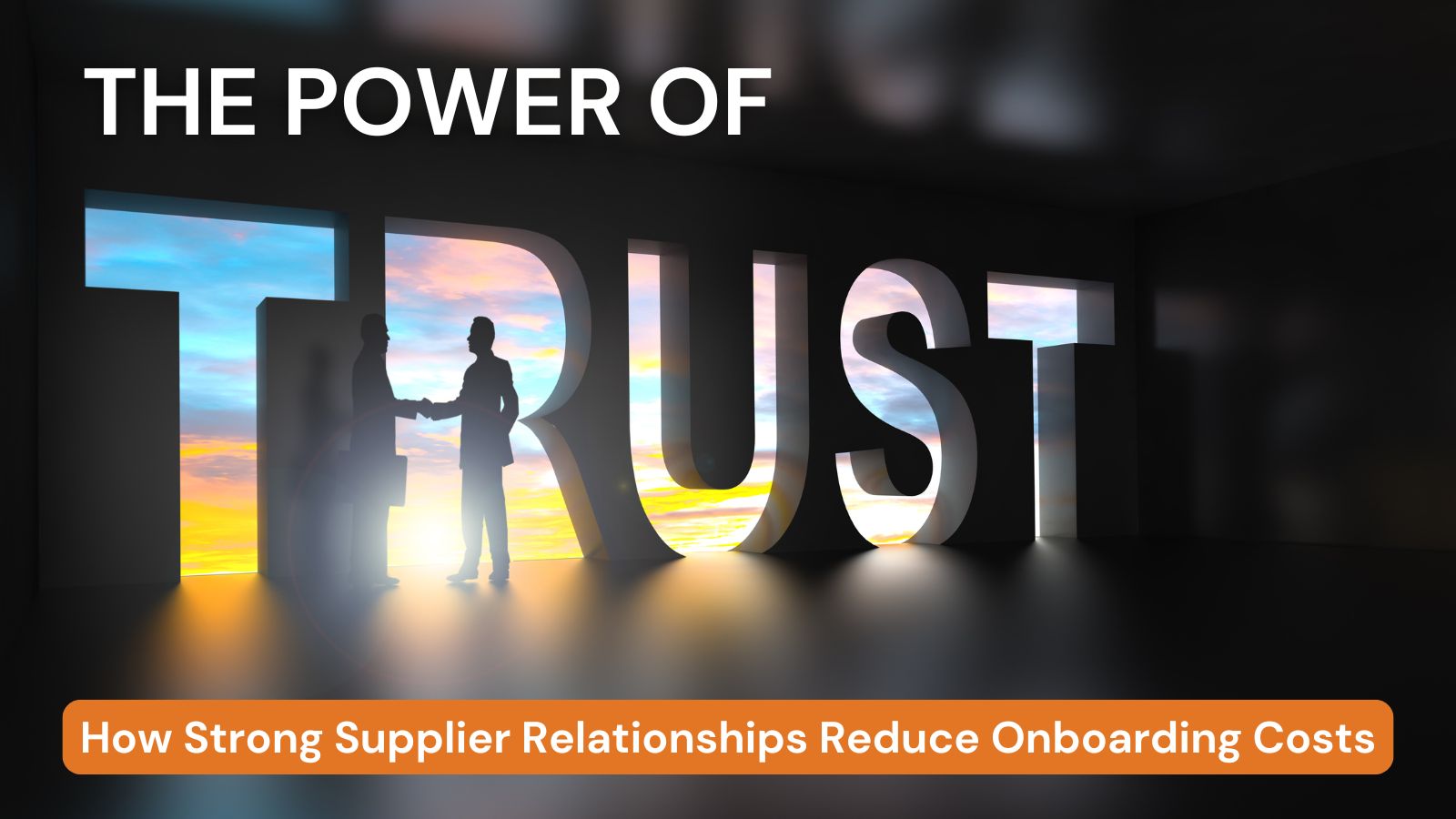by Michelle Armstrong, TYS Global VP of Value Solutions Consultant
Complying with the global standards set by the International Sustainability Standards Board (ISSB) involves aligning your business’s sustainability reporting with internationally recognized guidelines. The ISSB, operating under the IFRS Foundation, aims to provide a global baseline of high-quality sustainability disclosure standards to meet investors’ information needs. Here’s a guide for your business to align with the ISSB standards:
Understand the ISSB Standards and Their Objectives
- Overview of ISSB Standards: Familiarize yourself with the ISSB’s aim to standardize sustainability disclosures, focusing on providing relevant, reliable, and comparable information to investors.
- Scope and Relevance: Understand how these standards are relevant to your business, particularly in communicating sustainability-related financial risks and opportunities to investors.
Assess Current Sustainability Reporting Practices
- Gap Analysis: Evaluate your current sustainability reporting practices against the ISSB standards to identify gaps.
- Stakeholder Engagement: Engage with key stakeholders, including investors, to understand their needs and expectations regarding sustainability information.
Integrate Sustainability into Governance
- Governance Structure: Ensure your board and management are equipped to oversee sustainability issues in line with the ISSB standards.
- Accountability and Responsibility: Assign clear roles and responsibilities for sustainability reporting and disclosure within your organization.
Enhance Data Collection and Management
- Robust Data Systems: Develop or enhance systems to collect accurate and verifiable sustainability data.
- Quality and Consistency: Focus on the quality, consistency, and reliability of the data collected for sustainability reporting.
Align Reporting with ISSB Requirements
- Disclosure Practices: Adapt your sustainability reporting practices to align with the ISSB’s disclosure requirements, focusing on materiality, clarity, and completeness.
- Continuous Improvement: Regularly review and update your reporting practices to align with evolving ISSB standards and best practices.
Prepare for External Assurance
- Assurance Readiness: Prepare for external assurance of your sustainability disclosures to ensure they meet the ISSB standards.
- Transparency and Credibility: Use external assurance to enhance the credibility and transparency of your sustainability reporting.
Implement Effective Communication Strategies
- Investor Communication: Develop a strategy to effectively communicate your sustainability performance and risks to investors.
- Public Reporting: Ensure public disclosures are clear, concise, and provide meaningful information to investors and other stakeholders.
Monitor Developments and Participate in Dialogues
- Stay Informed: Keep abreast of developments and updates in ISSB standards and related regulatory changes.
- Industry Collaboration: Participate in industry forums and dialogues to stay informed and influence the development of sustainability standards.
Train and Educate Staff
- Internal Training: Provide training for staff involved in sustainability reporting to ensure understanding and compliance with ISSB standards.
- Building Expertise: Develop internal expertise or seek external support for interpreting and applying the ISSB standards.
Conclusion
Aligning with the ISSB standards is a strategic move towards globally consistent and comparable sustainability reporting. It not only aids in meeting investor demands but also enhances the overall credibility and transparency of your business’s sustainability efforts. As these standards evolve, staying proactive in adapting and improving your sustainability reporting practices will be key to maintaining alignment and demonstrating your commitment to sustainable business practices.



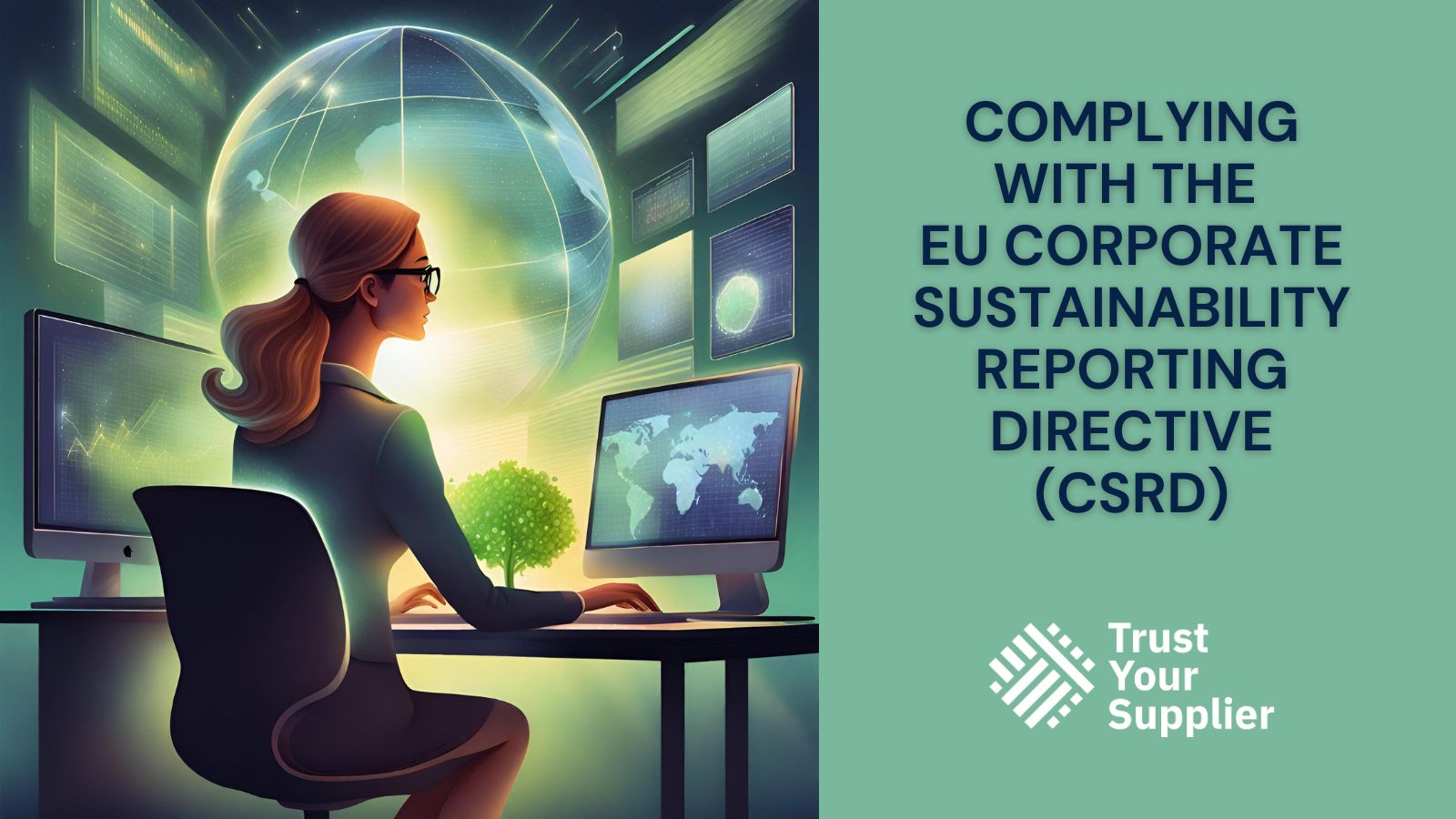

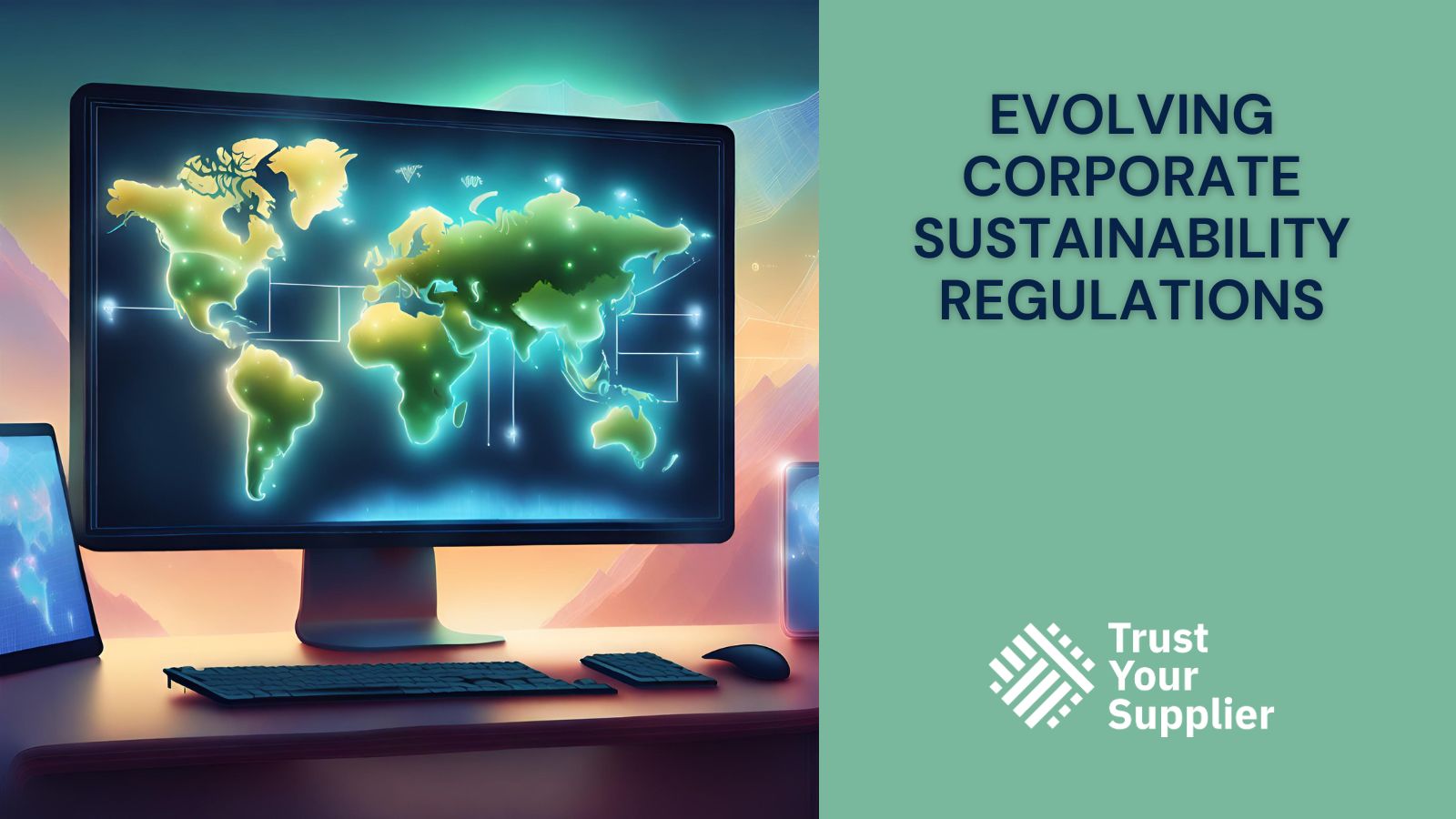
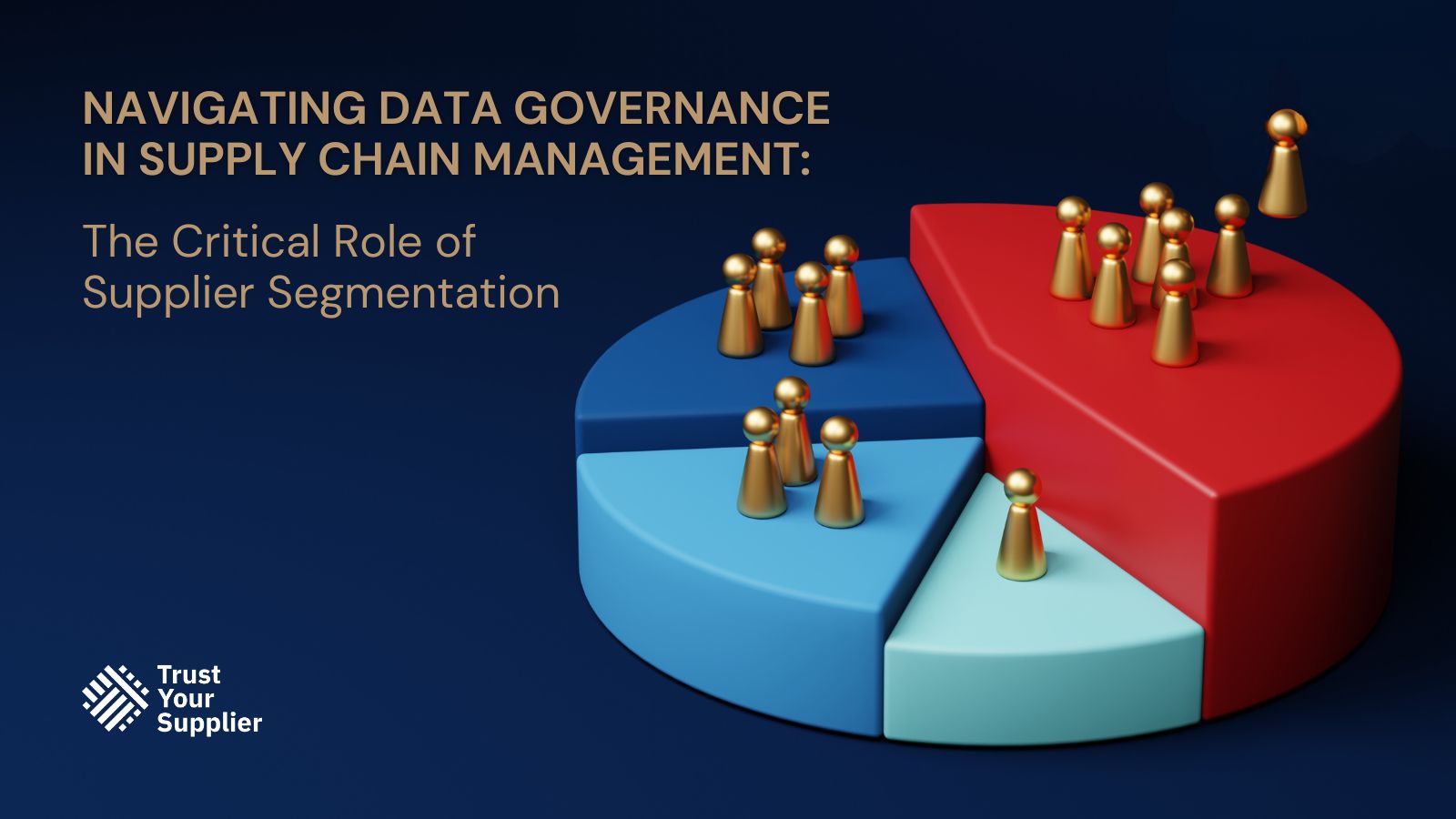

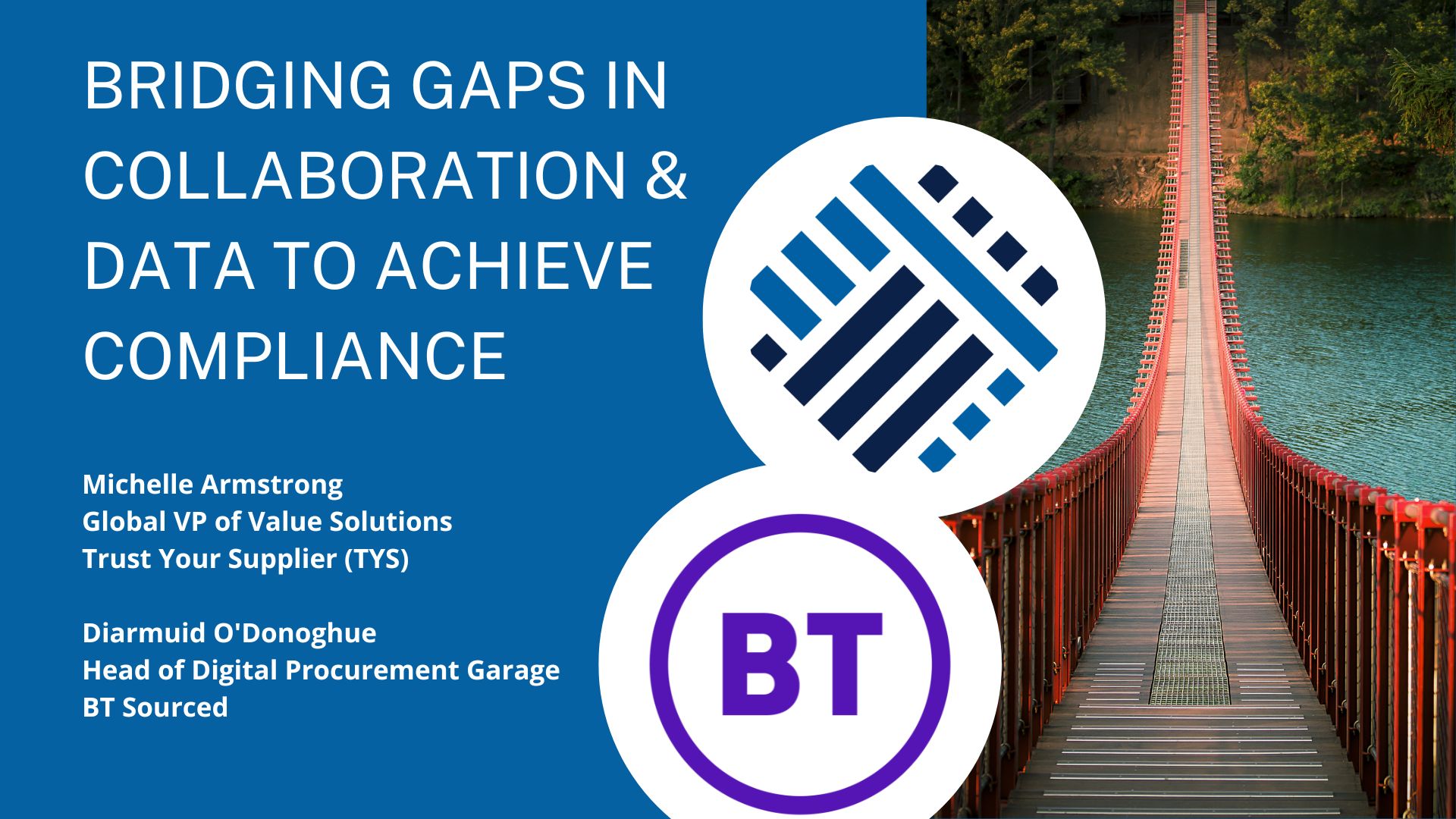
 In the dynamic landscape of digital procurement, the recent DPW Amsterdam 2023 conference featured a thought-provoking panel discussion hosted by Michelle Armstrong, the Global VP of Value Solutions for Trust Your Supplier (TYS). With participants including Diarmuid O’Donoghue, Head of Digital Procurement Garage at BT Sourced, and Dr. Elouise Epstein, a Partner at Kearney, the discussion provided valuable insights into the evolving realm of procurement and the role of blockchain in its future.
In the dynamic landscape of digital procurement, the recent DPW Amsterdam 2023 conference featured a thought-provoking panel discussion hosted by Michelle Armstrong, the Global VP of Value Solutions for Trust Your Supplier (TYS). With participants including Diarmuid O’Donoghue, Head of Digital Procurement Garage at BT Sourced, and Dr. Elouise Epstein, a Partner at Kearney, the discussion provided valuable insights into the evolving realm of procurement and the role of blockchain in its future.


